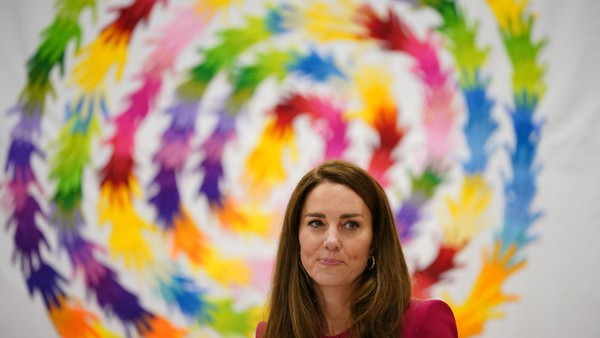We can only really get rid of corona if the whole world has access to vaccines. It is therefore essential that the G7 countries make EUR 50 billion available for non-Western countries. That says Hans Kluge, the European director of the World Health Organization (WHO) in news hour. He hopes that Western countries will step beyond their own interests to make billions of vaccines available to the rest of the world.
“We want to have vaccinated at least 30 percent of the world’s population by the end of the year. If we want to achieve that, we need about 500 million more vaccines before the end of the year. But already 100 million next month. In total, according to the WHO, 11 billion doses are needed to vaccinate the world’s population.
The US president this week gave already a good example. He promised to make half a billion Pfizer vaccines available in phases upon his arrival in the UK where the G7 summit is being held. The United Kingdom and Canada have already pledged to donate at least 100 million vaccinations each to poorer countries. It is expected that other countries and the EU will now follow. Especially because many more vaccines have been ordered in the EU than necessary.
‘First the own population’
In order to be able to vaccinate all non-Western countries, the WHO has established Covax. This is a neutral organization that collects vaccines worldwide to be able to distribute them together with Unicef among countries that are unable to buy or manufacture vaccines themselves. Until now, Covax’s pantry has remained shockingly empty. To date, the organization has distributed 83 million vaccines to 131 participating countries. According to renowned science journalist Jon Cohen of Science, it is “normal” for countries to think about their own population before giving away vaccines.
We have never been so strongly confronted with the obligation to help other countries. Because if we don’t, we’ll never get out of the crisis.
Jon Cohen, science journalist Science
“It is a balancing act to satisfy its own population first and at the same time to think about the rest of the world. That is precisely what Covax was invented for. Then countries do not have to decide for themselves who they want to give the vaccines to” Cohen said. According to WHO boss Kluge, it is “painful to see that countries are now starting to think about vaccinating children while in many countries doctors and nurses are not yet vaccinated.”
Vaccine mistrust biggest problem
UNICEF is the organization that, together with WHO, is responsible for the distribution of vaccines around the world. That is no small task. According to project coordinator Sabine de Jong of Unicef, much has already been prepared in recent months. “Of all the countries that have signed up for the Covax program, we know approximately how many vaccines they need to prioritize the elderly, frail and health personnel. And we know roughly where they live.”
The biggest problem now is to allay the increased suspicion of vaccines. “That aversion has grown enormously during the corona pandemic. In order to reach people in all corners, for example in Suriname, we are seeking contact with regional spiritual leaders and with young people who call on their supporters via social media to be vaccinated. It is correct. It is important to reach people in the corners of the world because it is precisely there that the health system is weak and corona can quickly cause an uncontrollable outbreak.”
According to Cohen, the corona pandemic has made the gap between rich and poor painfully clear. “But at the same time, we have never been so strongly confronted with the obligation to help other countries. Because if we don’t do that, we will never get out of the crisis.”
–
